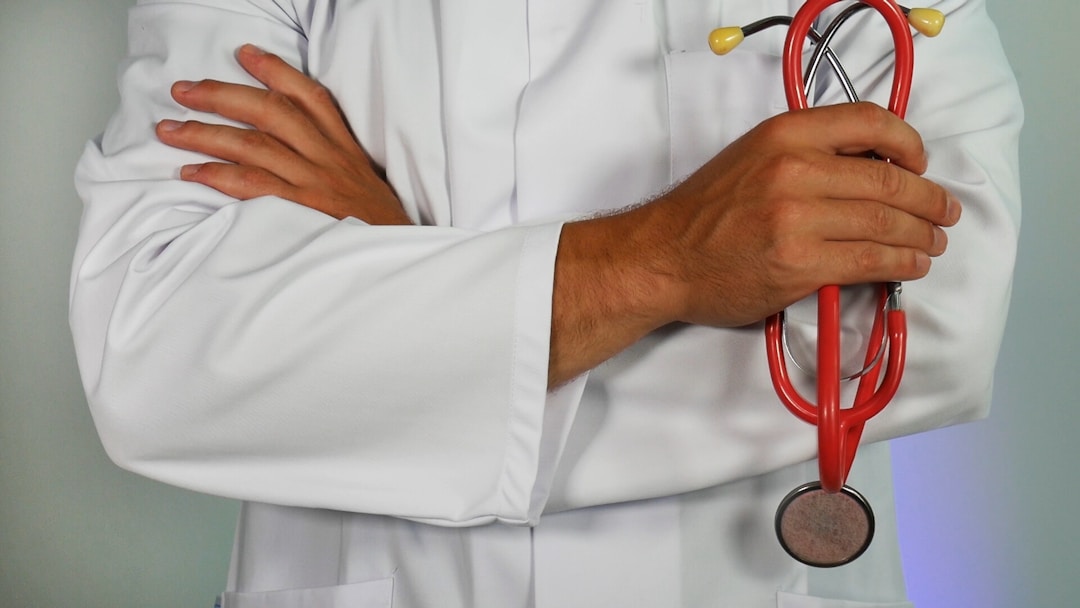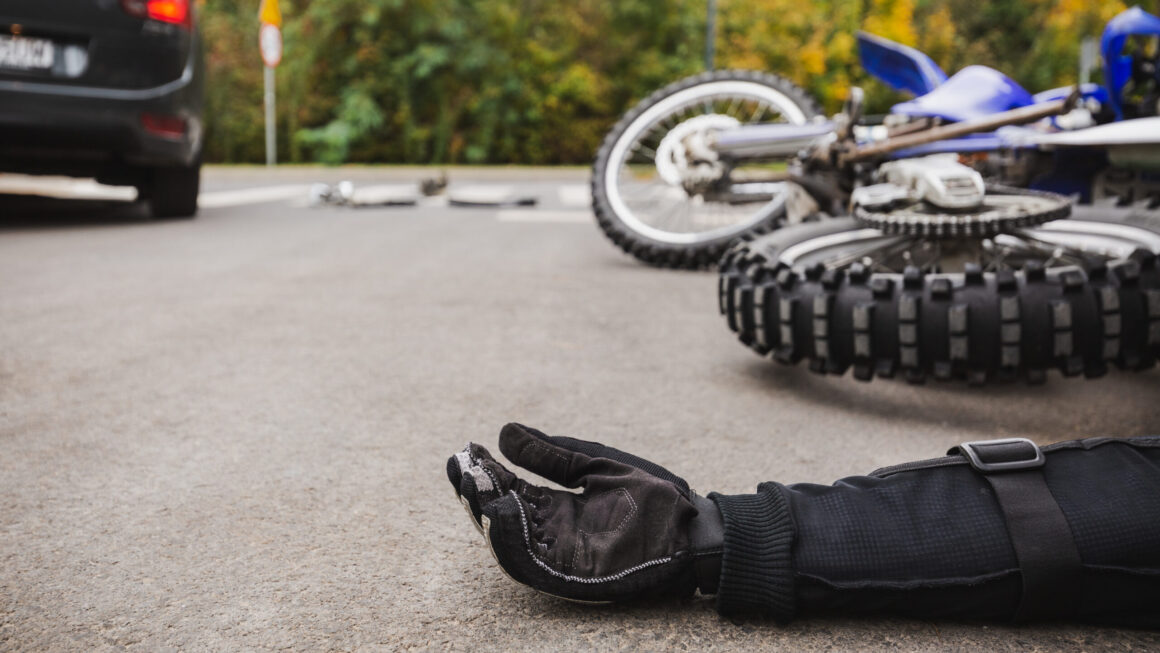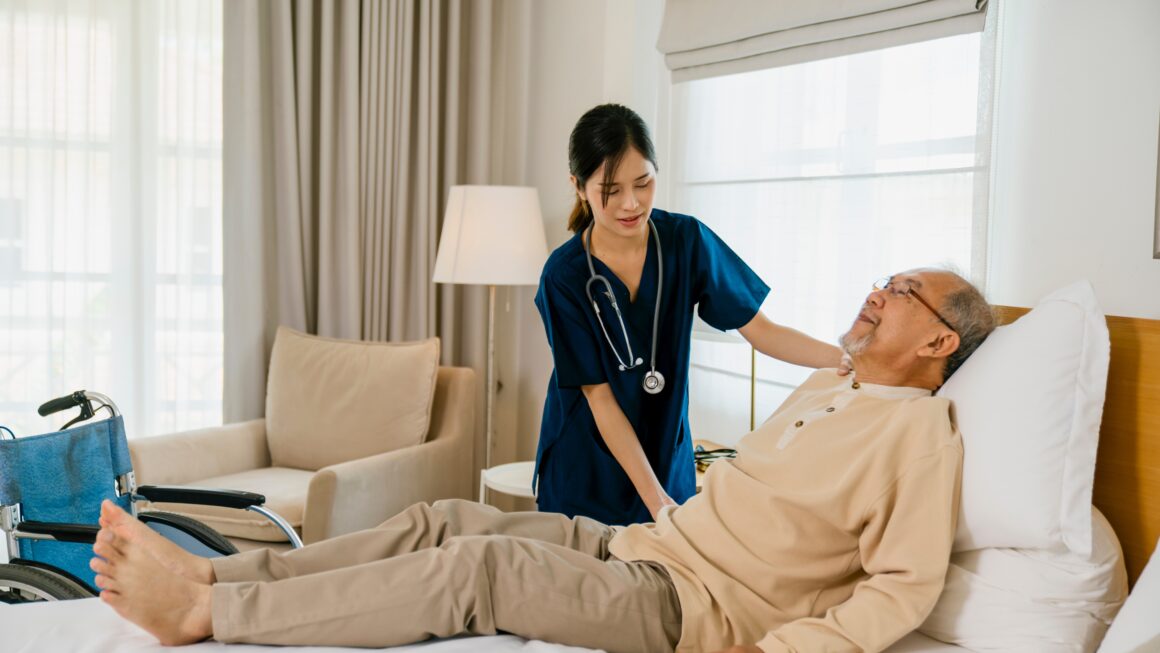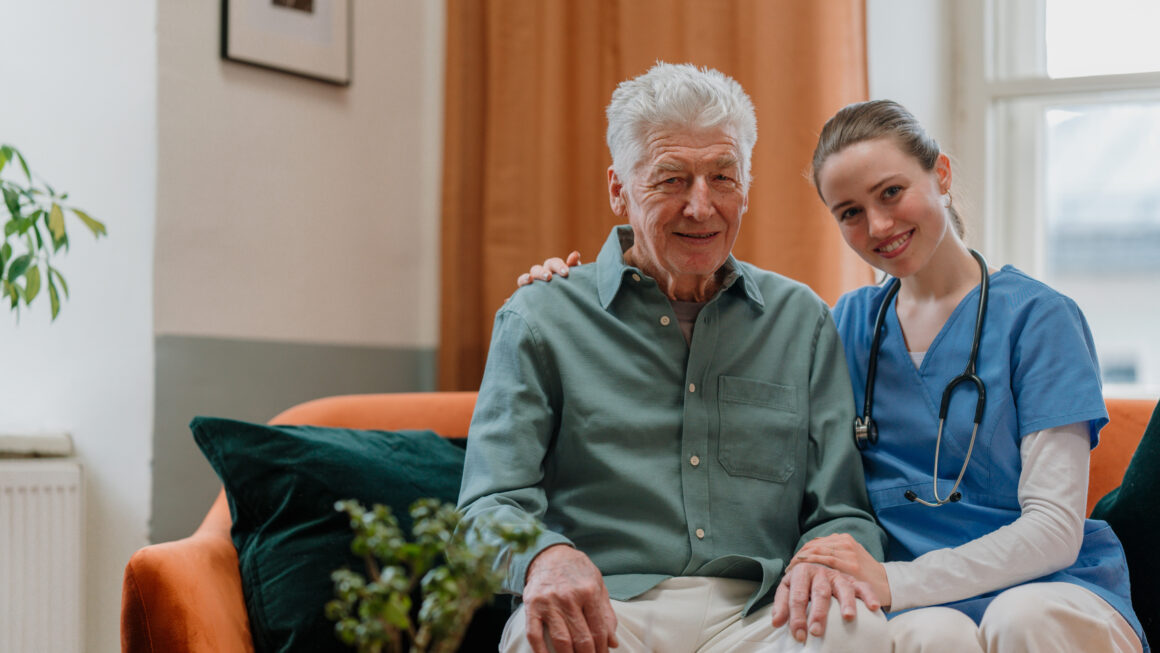Motorcycle accidents can be physically and emotionally challenging for individuals who experience them. The recovery process is often long and can take a toll on one’s mental health. In this article, we’ll discuss some strategies that can help in coping with the aftermath of a motorcycle accident.
Seek Professional Help for Your Emotional Recovery

Experiencing a motorcycle accident can cause significant emotional distress. You may feel overwhelmed, fearful, or anxious following the incident. It’s crucial to address these emotions and seek help from professionals who can guide you through the healing process. One effective option is seeking support from therapists in Washington DC who specialize in trauma and recovery. They can help you process your emotions, develop coping strategies, and provide support throughout your recovery.
Additionally, attending support groups can be beneficial, as they allow you to connect with individuals who have been through similar experiences. Sharing your story and hearing others’ can provide valuable insight, encouragement, and a sense of camaraderie. This supportive network can be an essential factor in your emotional recovery journey.
Don’t be afraid to lean on your friends and family for support as well. Chances are, they want to help you through this difficult time but may not know how. Communicate your needs and let them be there for you in your time of healing.
Consult with a Motorcycle Accident Attorney
After a motorcycle accident, it’s essential to consult with a motorcycle accident attorney to assess your situation and protect your rights. A skilled attorney can help you navigate the legal system, gather evidence, and negotiate with insurance companies on your behalf to seek fair compensation for your damages.
An experienced motorcycle accident attorney can offer invaluable guidance and support throughout the claim process, acting as your advocate and ensuring you get the best possible outcome. Furthermore, a competent attorney can advise you on what to do during your medical treatment and what documentation you should maintain for your case.
By working with an experienced motorcycle accident attorney, you can focus on your physical and emotional recovery knowing that your legal matters are being taken care of professionally.
Adopt a Healthy Lifestyle to Facilitate Physical Recovery

Recovering physically from a motorcycle accident can be a long and challenging process. Adopting a healthy lifestyle can help facilitate your recovery and improve your overall well-being. This includes eating a balanced diet, staying hydrated, getting adequate sleep, and engaging in gentle physical activity, as recommended by your healthcare provider.
A balanced diet rich in vitamins, minerals, and protein can provide your body with the essential nutrients it needs to heal. Moreover, drinking enough water is crucial to keep your body functioning optimally and promote the healing process.
Alongside maintaining a healthy lifestyle, regular check-ups with your healthcare provider are crucial in monitoring your progress and receiving appropriate care for your injuries. Be sure to follow their advice, voice your concerns, and ask questions to help you better understand your recovery process.
Stay Positive and Cultivate Resilience
Experiencing a motorcycle accident can be a life-altering event. Staying positive and cultivating resilience in the face of adversity can play a significant role in your overall recovery process. Techniques such as maintaining a positive mindset, setting realistic goals for your recovery, and focusing on the progress you make can help you overcome challenges and build resilience during this trying time.
Remember to celebrate small wins and acknowledge your achievements, regardless of how trivial they may seem. Allow yourself to feel a sense of accomplishment and pride in your progress, and use it as motivation to keep pushing forward. Lastly, practicing gratitude can also help shift your focus from what you’ve lost to what you still possess, contributing to a more positive outlook on life.
Overall, it’s wise to be kind and patient with yourself throughout your recovery process. Understanding that it’s normal to have ups and downs during this period can contribute to self-compassion and a more optimistic outlook.




